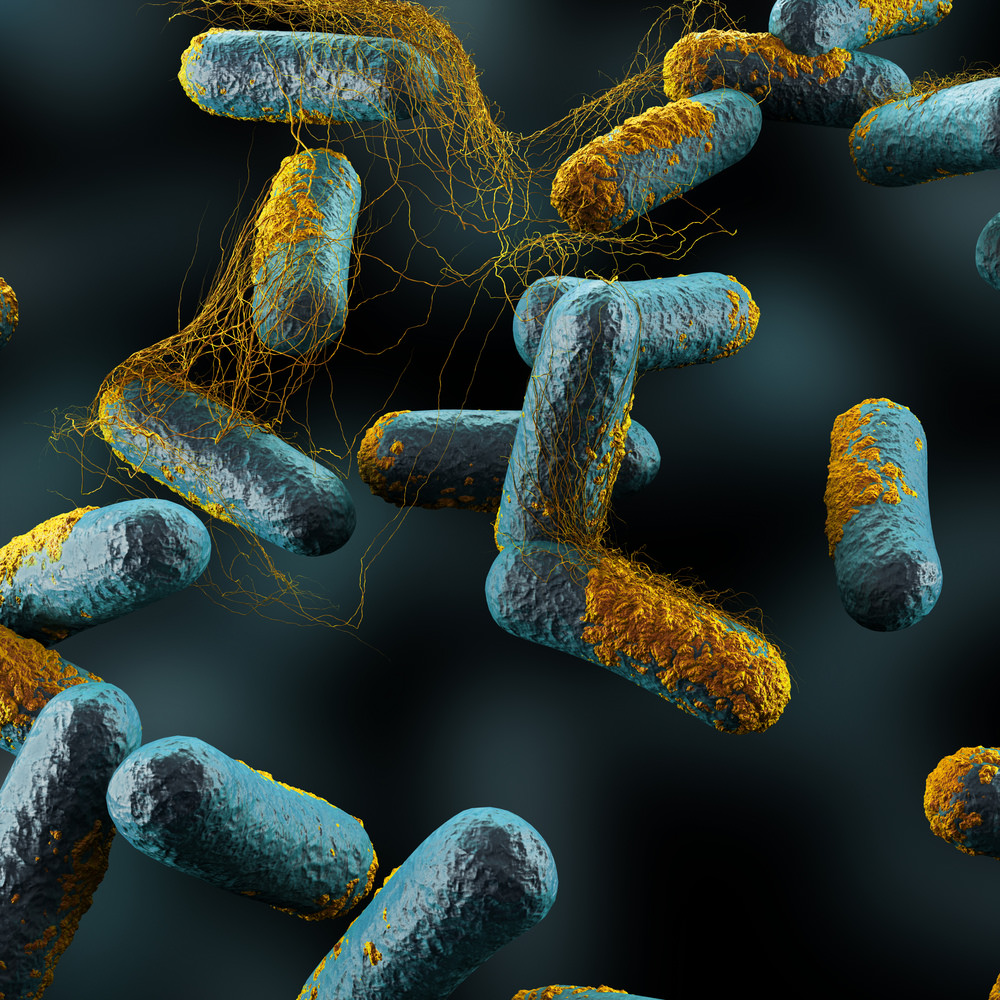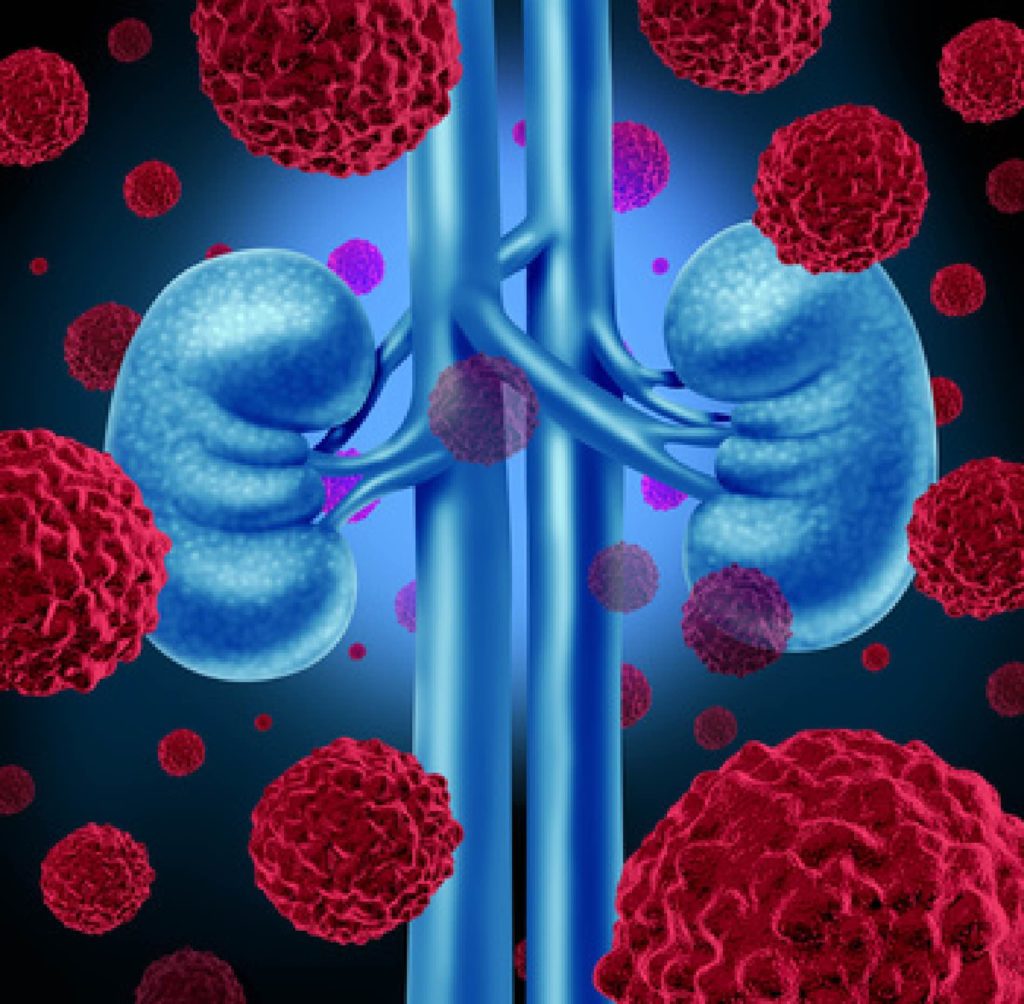Share this Page:
When a tumour grows it ‘sheds’ small pieces of tumour DNA into the blood stream. This is called circulating tumour DNA or ctDNA. ctDNA could help find out the risk of the cancer getting worse and spreading, and whether the cancer will respond to treatment, with the possibility of improving clinical outcomes for cancer patients.
A recent study looked at ctDNA levels in the blood of patients with kidney cancer (both clear cell on non-clear cell kidney cancer) who were treated with standard-of-care immunotherapy or targeted therapy or who were on surveillance (watch and wait).
The study looked at real world data from commercial ctDNA testing. There were 92 patients in the study, most of whom had clear cell kidney cancer (8 patients in 10) and intermediate risk disease (three quarters of patients). Patients were followed up for an average of 10 months. Those patients who were on treatment and who had negative ctDNA tests had longer time to when the treatment stopped working and the cancer started growing again (progression-free survival) compared to patients who had positive ctDNA tests. The same finding was reported for the patients who were on surveillance (no active treatment).
In conclusion, this study shows that keeping an eye on ctDNA levels in the blood provides an indication of patient outcomes for patients on treatment or surveillance. This study shows a good relationship between ctDNA levels and clinical outcomes for kidney cancer patients. Despite the small number of patients and short follow-up of 10 months, the results show tremendous promise for ctDNA testing in kidney cancer in the clinic.
Read more about the study in MedPage Today here
Read about ctDNA testing for kidney cancer in MedPage Today here
Read more about the application of ctDNA testing for kidney cancer in MedPage Today here
The NHS is conducting a trial with Cancer Research UK and a company called Grail to see if ctDNA can be used to screen for various cancers in the UK.















